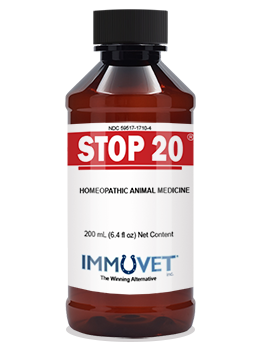One of the most recognized disorder, which affects racehorses during their performance, is bleeding. This type of bleeding is also known as EIPH (exercise-induced pulmonary hemorrhage). The bleeding is not just related to the performance of the racehorses, but some of the horses might bleed every time they do intense exercises like breezing and racing. The blood usually appears from the nostrils and sometimes in the lungs of the horse. For more than 300 years, EIPH has been, and researchers are researching that whether EIPH affects the performance of horses during the race or not. It has been seen that a small amount of pulmonary hemorrhage may or may not affect the performance of the horse, but a large amount of bleeding can affect. Some of the researchers of Western Australia at Murdoch University set out to research and test whether EIPH affects the race-day performance of horses or not.
They included 1,567 thoroughbred racehorses in their study and took 3,794 observations of these racehorses between the years of 2012 and 2015. These horses were not given furosemide during their race and horses were examined 30 minutes after the race. Two skilled veterinarians used a 0-4 scale to record and grade their performance. The number 0 on the scale denoted no bleeding, and number 4 signifies the considerable amount of bleeding.
As far as the results are concerned, EIPH was signified in 55% in all the observations. The Grading shook out such as 31.6%, 17.2%, 5.1% and 1.2% for grades of 1-4. Horses who have higher grades of hemorrhage showed the significant effect in their performance during the race. On the other hand, the horses with low grades of bleeding such as 1-2, showed minimal effects in their performance during the race. Researchers find no association between lifetime earnings, Betfair starting price for any grade of EIPH as compared with the grade 0, overall race speed or with a grade of EIPH from 0-2 compared with the grade 3-4.
In the record of Thoroughbred racehorses that were examined retrospectively, the researchers did not find a link between the race-day performance and mild to moderate EIPH. Bleeding cannot be just related to nostrils it can also occur in the lungs of horses and the bleeding in the lungs can cause strong pathological reactions.
Currently, there are no methods and treatments developed which prevent EIPH occurrence, but some management and treatment strategies can be applied to reduce the severity of EIPH and it can ultimately reduce the repetitive damage of lungs. An inflammatory airway disease should be diagnosed first, and then the treatment should start. The treatment includes the lung wash (BAL) which can be performed after several weeks of the bleeding incident. In this treatment, sufficient amount of time is provided to the lungs to clear blood and to heal.
Frusemide and Stop 20® supplements:
A drug named Frusemide (‘Lasix’) can be used before any exercise and race as a type of medication. It can decrease the severity of EIPH, but it cannot prevent bleeding at all. This drug decreases the pressures within the blood vessels in the lungs when it is given 90 minutes to 4 hours before the actual race and strenuous exercise. It is abundant in some countries because a significant amount of water is a loss within the horse’s body, made the horse felt weighing less, and therefore, under the influence of this drug horses run faster. But Stop 20® is specially developed to reduce the severity and incidence of exercise-induced pulmonary hemorrhage (EIPH) in racehorses. It helps to strengthen the blood vessels in the lungs of your horse, increase alertness and weight gain and ultimately enhance the performance of horse after the administration of 20 days of the product.
Immuvet® Products are manufactured by Amino Cell Inc.


